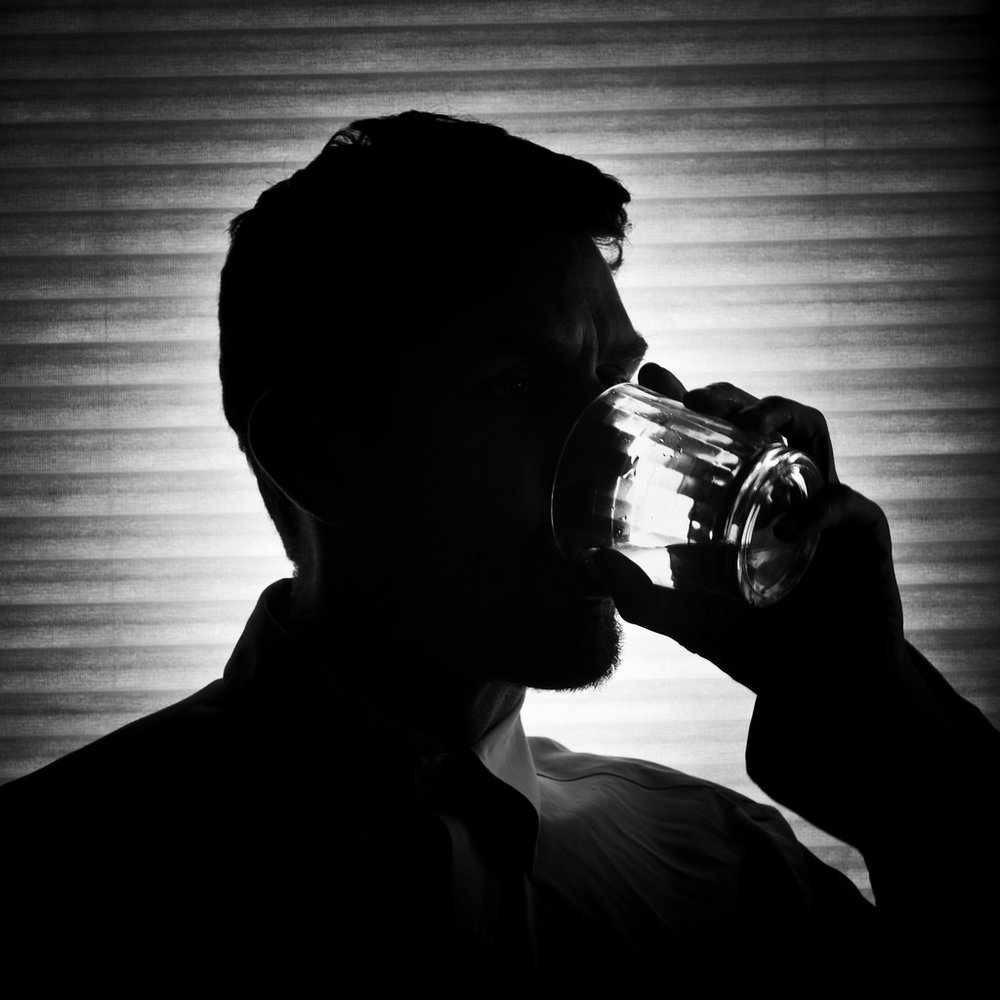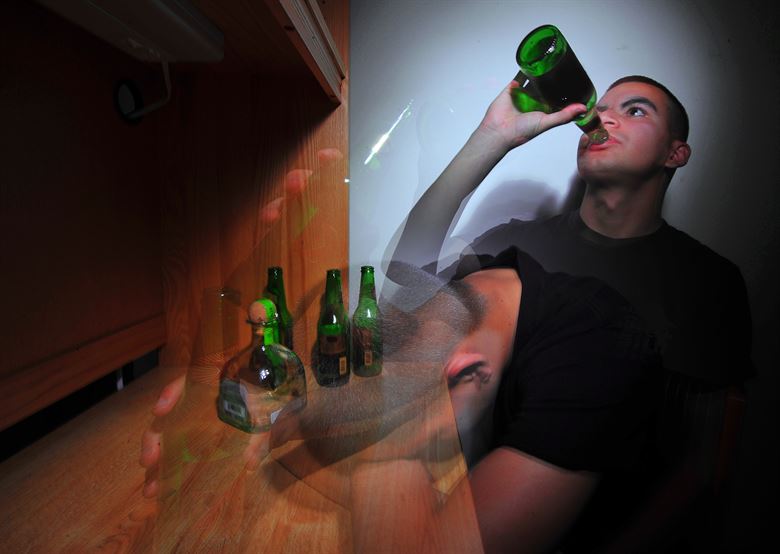
We have received many questions lately through our website, social media, and intake line related to the process of alcohol detox. As a result I thought I would write an article laying out the detox process as it relates to alcohol use disorder. I will endeavor to cover the stages of detox, the symptoms associated with each, and some tips on how to make the process easier.
I would like to start by stating some facts which are germain to the topic.
- Alcohol is the third leading cause of preventable deaths in the United States. Almost 90,000 people a year die of alcohol related deaths in this country
- 1 out of every 3 emergency room visits in the United States is related to alcohol use
- More than 17.6 million Americans suffer from some form of Alcohol use disorder

The above statistics make clear the scope and nature of the social problem that alcohol use disorder presents. It affects every community in our country, and many families. If you or a loved one are suffering from alcohol use disorder know that you are not alone, and that help is available if you want it.
When an individual who has been drinking excessively decides that it is time to stop drinking it is seldom wise to undertake this process alone. Rather it is advisable to place yourself under the care of a doctor or other medical professional. It is perhaps because of the wide acceptance of drinking in our society that many underestimate the severity of the alcohol withdrawal process, thinking it “won’t be that bad”. Conversely the alcohol detox process can be one of the most challenging both mentally and medically speaking. The withdrawal process from alcohol is most often characterized as having three distinct phases. They are:
- Phase 1 typically begins from 6 hours to 24 hours after an individual last consumes alcohol. The severity of the the symptoms during this phase will be determined by how long and how much alcohol a person has been consuming. The typical symptoms of the first phase of withdrawal can include; nervousness, anxiety, headache, nausea, vomiting, tremors, loss of appetite, tremors, and mood swings.
The first phase of withdrawal can last for anywhere between 24 and 72 hours.
- Phase 2 typically sets in from 24 to 72 hours after an individual last consumed alcohol. The typical symptoms of this phase can include; increased levels of mental confusion, irregular heart rate, difficulty breathing, muscle rigidity, increased blood pressure, and in some cases hallucinations. It ought to be clear that this phase is potentially much more dangerous to an individual, and often requires one be under the care of trained medical staff.
- About one out of three people enter into phase 3 of withdrawal from alcohol. This phase is called Delirium Tremens (DT). A person can enter DT anywhere from 3 days after cessation of drinking to as long as 2 weeks after last consuming alcohol. This phase of withdrawal is the most dangerous and absolutely requires an individual to be in some form of inpatient treatment. Some of the symptoms include; disorientation, dissociation, hallucination, Grand Mal seizures, and in some cases death.



If you or a loved one are considering cessation of drinking, consult with a medical professional and seek treatment. There are many medications available to help ease the symptoms of detox from alcohol, and a trained medical professional can help you to make sound decisions as to their potential to help.
The withdrawal process from alcohol can be dangerous and the decision to undertake the process can be frightening. However, if you or a loved one is in a position where life is becoming impossible it is important not to let the fear of detox keep you from transforming your life. Many of us have been through it and when we look back believe it was the most important decision we have ever made. It is my hope that this short article has answered many of the questions the reader may have regarding the process of detox. If after reading this you still have questions or concerns please reach out to our team. We are happy to help whether you utilize our services or not. The most important thing to us is that you or your loved one gets the help they need.
Your friend in service,
Rob Campbell
VP of Communications & Market Development
If you would like to speak to a professional about treatment for you or your loved one, please don’t hesitate to contact us today!
1. CDC, Fact Sheets: Alcohol Use and Your Health (2018), https://www.cdc.gov/alcohol/fact-sheets/alcohol-use.htm.
2. Lisa Mahapatra, 1 out of 3 ER Visits Are Alcohol Related (IBT: 2013), http://www.ibtimes.com/1-out-3-er-visits-are-alcohol-related-heres-what-patients-drank-charts-1395699.
3. NCADD, Facts About Alcohol (2015), https://www.ncadd.org/about-addiction/alcohol/facts-about-alcohol.



